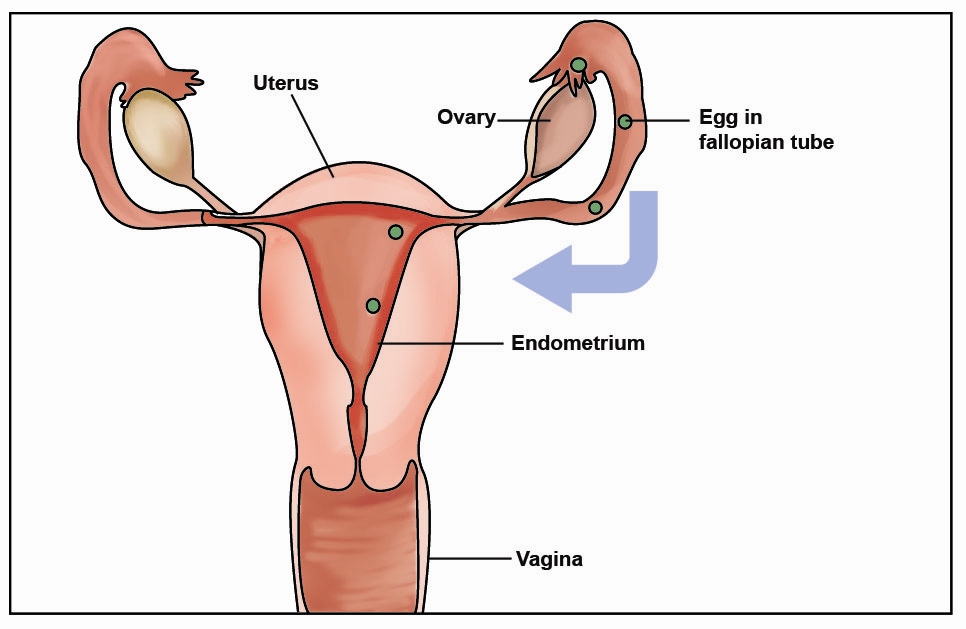Myths & Facts on Contraception
A woman get pregnant even though it is dry sex or no penetration occurs.
FACT!
Pregnancies can occur even though it just dry sex and no penetration occurs. Any skin to skin contact between the penis and vagina area is potentially dangerous. In addition, pre-ejaculation fluid i.e fluid that comes out before ejaculation occurs could sometimes contain sperm. Man sometimes could not even feel this fluid comes out and have no control over it.
2. A woman can get pregnant only if she has orgasm during sexual intercourse.
MYTH!
Unfortunately, pregnancy could occur even though there is no female orgasm.
3. A woman cannot get pregnant if she has sex in the water.
MYTH!
Pregnancy is still a possibility even though the couple had sex in the water.
4. A woman cannot get pregnant with anal sex.
MYTH!
There is still a small chance of pregnancy as the anus is in quite close proximity with the vagina opening. Hence, there could be some minimal amount of ejaculate containing sperm leaking up to the vagina and fertilize an egg.
MYTH!
Once penetration occurs and deposition of sperm into the vagina, it would be very difficult to wash out the sperm.
MYTH!
This is a common myth held by many women. Unfortunately, this does not hold true especially if she has irregular menses or shorter menstrual cycle. A sperm could live up to 5 days in a woman’s vagina. Hence, pregnancy could still occur if ovulation occurs within 7 days of unprotected sexual intercourse.
7. The pill makes you gain weight
MYTH!
Some women will notice a gain in weight when using the oral contraceptive pill. Research has shown that this isn’t due to the usage of pills. Side effects from the pill include retention of fluid and bloatedness which the woman will perceive as gaining weight. In addition, it causes an increase in appetite leading to excessive consumption of food.
8. You should not take the pill if you are over 35 years old.
MYTH!
Age alone is not a contraindication for the usage of pills unless the woman has high blood pressure, risk of blood clot or is a heavy smoker. If she has none of these risk factors, the woman could take the pill until menopause.
9. Long term pill usage can affect fertility.
MYTH!
There is no association between pill usage and infertility. The fertility should return almost immediately when the pill is stopped. If there is a delay in pregnancy, it could be due to underlying problems which may have existed even before starting the pill. In addition, the woman may have ceased the pill only in her 30s to conceive but unable to. This could be due to the fact that fertility is reduced even if the woman is in her 30s compared to her early 20s.








